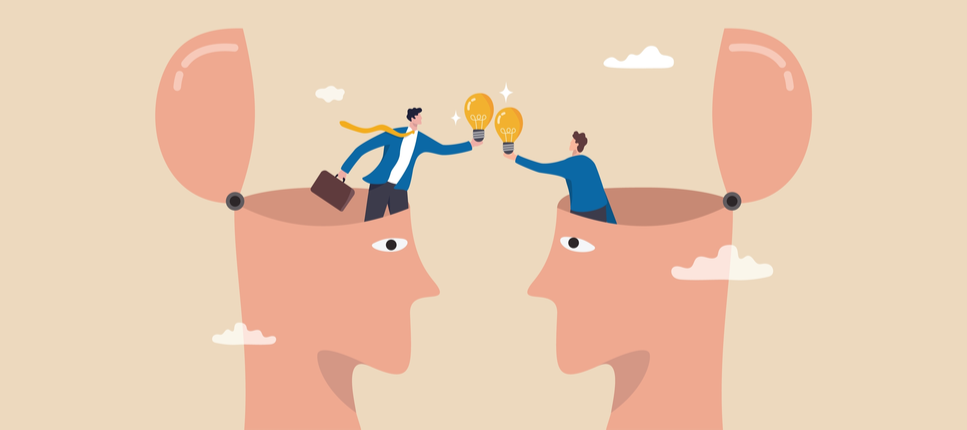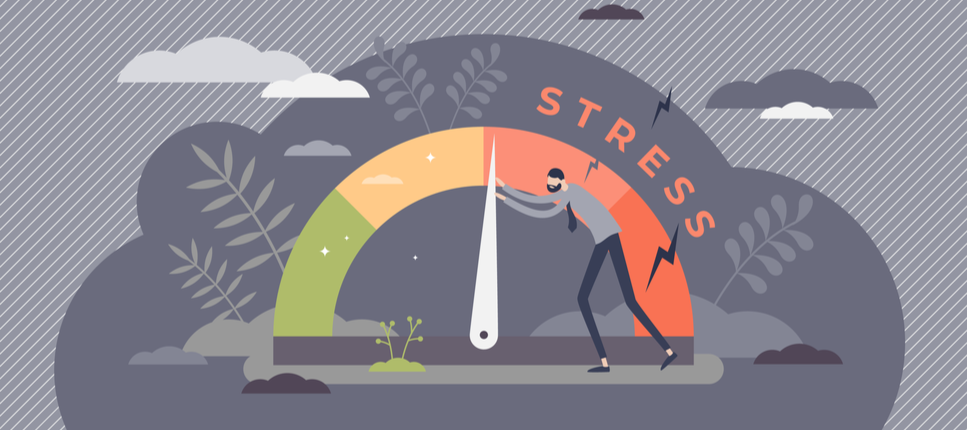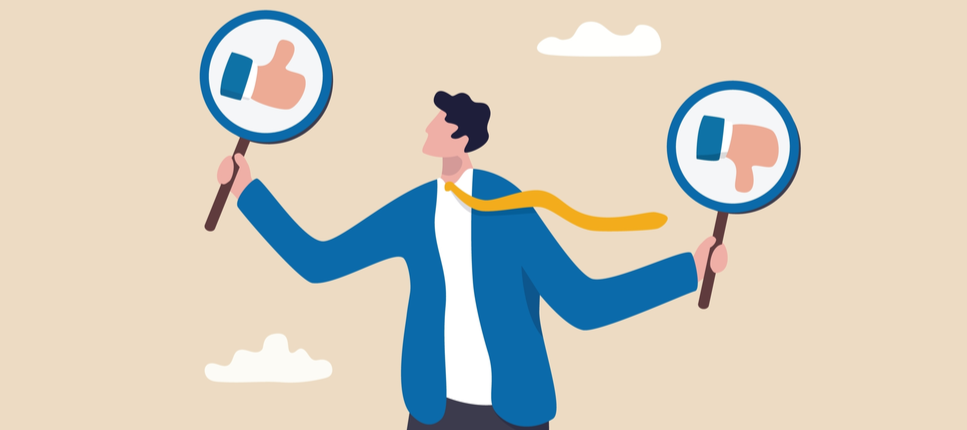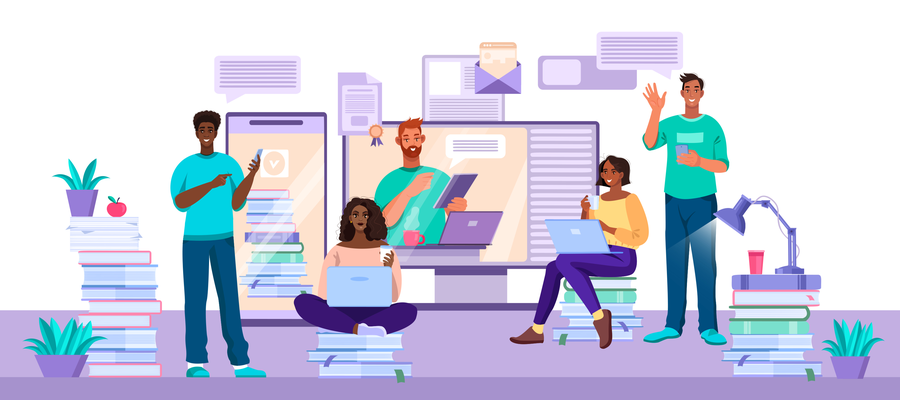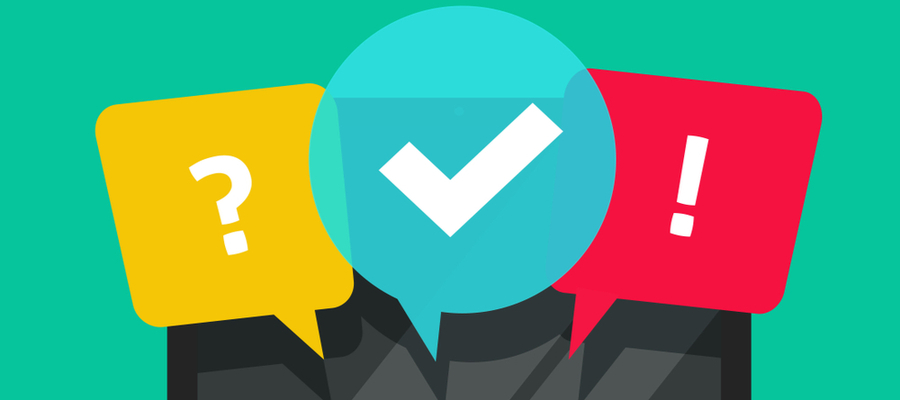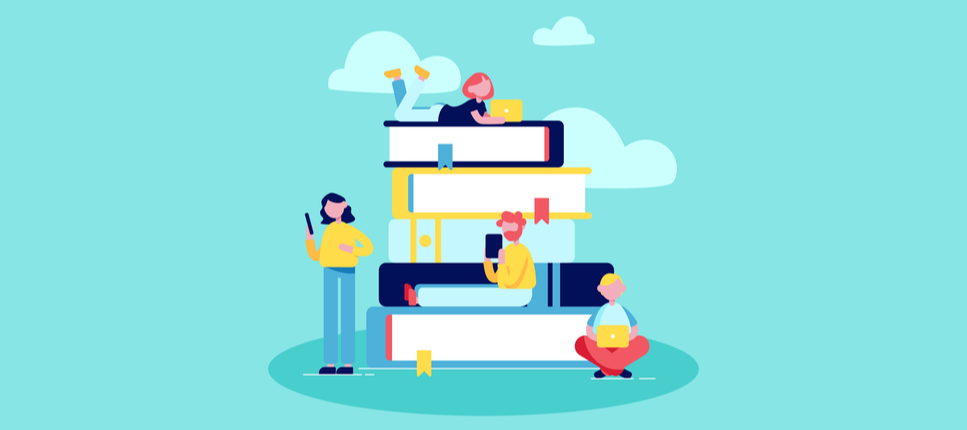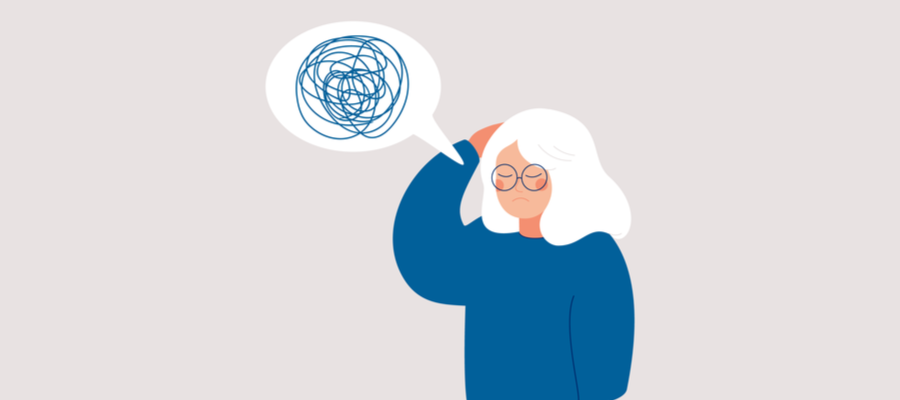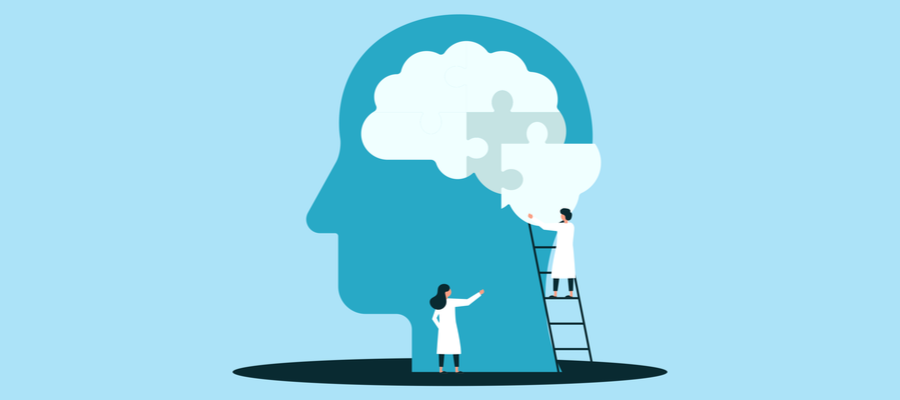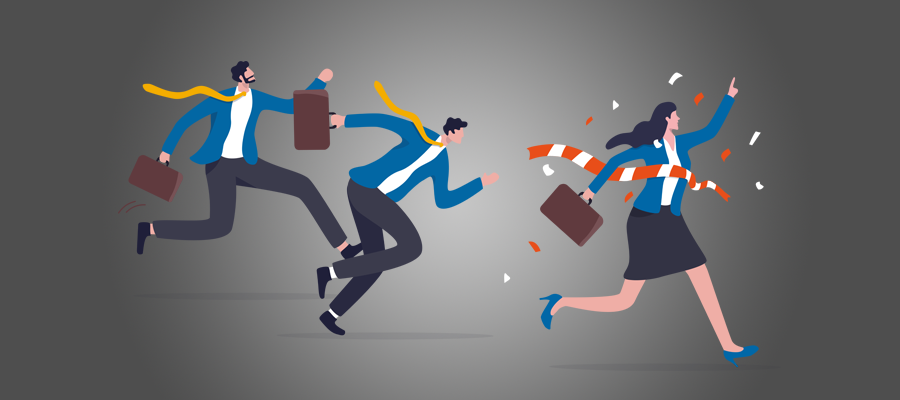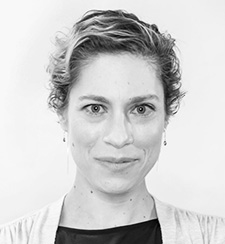 Catherine Meilleur has over 15 years of experience in research and writing. Having worked as a journalist and educational designer, she is interested in everything related to learning: from educational psychology to neuroscience, and the latest innovations that can serve learners, such as virtual and augmented reality. She is also passionate about issues related to the future of education at a time when a real revolution is taking place, propelled by digital technology and artificial intelligence.
Catherine Meilleur has over 15 years of experience in research and writing. Having worked as a journalist and educational designer, she is interested in everything related to learning: from educational psychology to neuroscience, and the latest innovations that can serve learners, such as virtual and augmented reality. She is also passionate about issues related to the future of education at a time when a real revolution is taking place, propelled by digital technology and artificial intelligence.
5 Milestones in the History of Neuroscience
First coined in the 1960s, the term "neuroscience" refers to the scientific study of the nervous system, including our fascinating brain, from its most fundamental aspects, such as molecules and cells, to the integrative dimensions that underlie our cognitive and behavioural functions. Although much remains to be discovered, giant steps have been made in this field over the past few decades. To appreciate how far we have come, nothing is better than looking back at some of the milestones that have marked this history.

